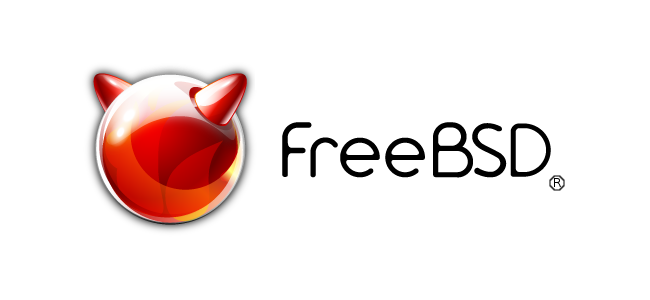Update 2023-04-06: Solus is no longer being maintained and appears dead for now. Be that as it may, this article is relevant to almost any Linux distro given that you install the required prerequisite packages (openssl-dev, kernel headers and build essentials etc)
Building zfs is also discussed here: https://github.com/zfsonlinux/zfs/wiki/Building-ZFS
NOTE: zfs-on-linux 0.8.3 and previous versions are NOT compatible with Linux kernel 5.5
You’ll need to install the development tools and some packages (Kernel modules are currently not building without libelf-devel)
Basic knowledge of how to use the terminal is assumed.
Commands with eopkg are for Solus
sudo eopkg install -c system.devel
sudo eopkg install git linux-current-headers libelf-devel
Lets build it. As of writing, the master branch is 0.8.0-rc2. I’m using –depth 1 so we don’t get the history or tags (optional).
Download and Compile
Recommendation: Download the release archive and not the latest git source.
git clone --depth 1 https://github.com/zfsonlinux/zfs
cd zfs
sh autogen.sh
./configure
make -s -j$(nproc)
sudo make install
sudo depmod
Or if you’ve just updated and a new kernel was installed (before rebooting) you can use (replace with correct path):
./configure --with-linux=/usr/src/linux-headers-4.20.8-110.current
Alternative to download and install: http://blog.twbc.net/2023/04/06/zfs-build-script/
Configuration
While there is a script to load the kernel modules ( /usr/local/share/zfs/zfs.sh ), there does not seem to be a service script that fires it up on boot.
Create /etc/modules-load.d/zfs.conf with your favorite editor and add the following:
zavl
zunicode
spl
znvpair
zcommon
icp
zlua
options zfs zfs_autoimport_disable=0
zfs
Enable the services:
sudo systemctl enable zfs-import-cache.service
sudo systemctl enable zfs-import-scan.service
sudo systemctl enable zfs-import.target
sudo systemctl enable zfs-mount.service
sudo systemctl enable zfs-share.service
sudo systemctl enable zfs-zed.service
sudo systemctl enable zfs.target
Time to reboot and check everything worked.
lsmod | grep zfs
zfs 4087808 8
zlua 180224 1 zfs
icp 311296 1 zfs
zcommon 90112 1 zfs
znvpair 90112 2 zfs,zcommon
zunicode 335872 1 zfs
zavl 16384 1 zfs
spl 118784 5 zfs,icp,znvpair,zcommon,zavl
Caveats
- You will have to rebuild zfs every time the kernel is updated
- If the kernel is updated your zfs pools will not mount on the next reboot – don’t mount any critical file systems which would prevent you from booting, onto a zfs pool.
- It takes a little longer to boot since it scans for pools and mounts them
This tutorial was performed on a clean install of Solus Budgie 3.9999 after running eopkg up and rebooting.
This guide has been tested on Debian based distros like Ubuntu and PopOS
Discus and comment here: https://getsol.us/forums/viewtopic.php?f=11&t=13207 (edit: no longer exists)



